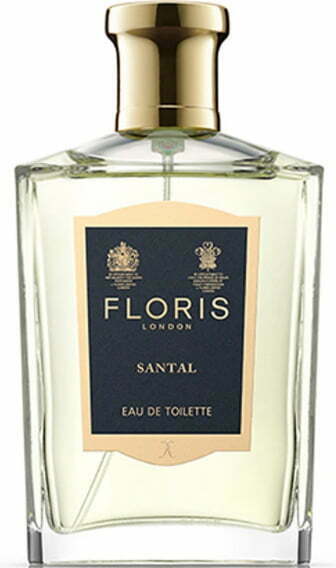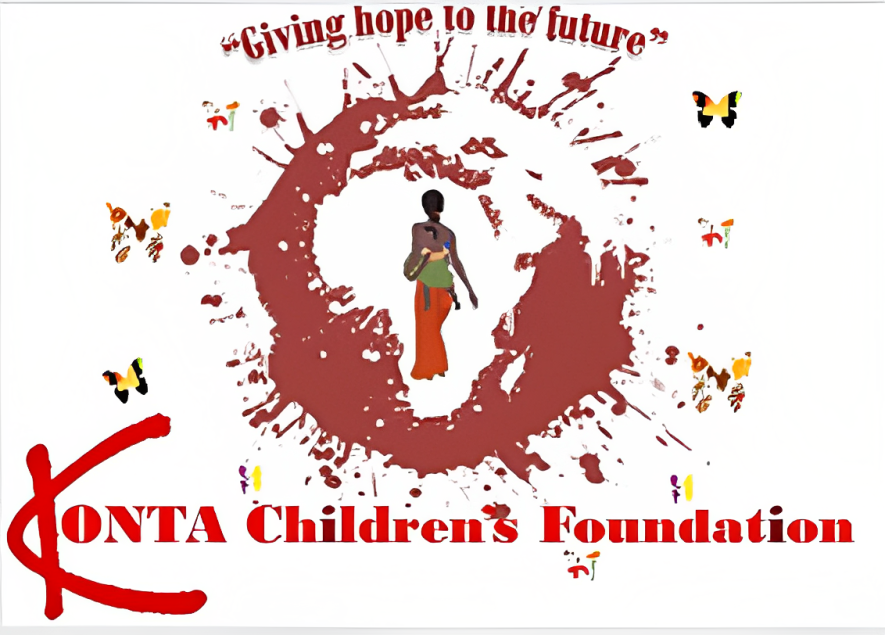BARBRA STREISAND

Barbara Joan “Barbra” Streisand (born April 24, 1942) is an American singer and actress. With a career spanning over six decades, she has achieved success in multiple fields of entertainment, and is among the few performers awarded an Emmy, Grammy, Oscar, and Tony (EGOT). Streisand began her career by performing in nightclubs and Broadway theaters in the early 1960s. Following her guest appearances on various television shows, she signed to Columbia Records, insisting that she retain full artistic control, and accepting lower pay in exchange, an arrangement that continued throughout her career, and released her debut.
The Barbra Streisand Album (1963), which won the Grammy Award for Album of the Year. Throughout her recording career, Streisand has topped the US Billboard 200 chart with 11 albums—a record for a woman until 2023—including People (1964), The Way We Were (1974), Guilty (1980), and The Broadway Album (1985). She also achieved five number-one singles on the US Billboard Hot 100—”The Way We Were”, “Evergreen”, “You Don’t Bring Me Flowers”, “No More Tears (Enough Is Enough)”, and “Woman in Love”.
Following her established recording success in the 1960s, Streisand ventured into film by the end of that decade. She starred in the critically acclaimed Funny Girl (1968), for which she won the Academy Award for Best Actress. Additional fame followed with films including the extravagant musical Hello, Dolly! (1969), the screwball comedy What’s Up, Doc? (1972), and the romantic drama The Way We Were (1973). Streisand won a second Academy Award for writing the love theme from A Star Is Born (1976), the first woman to be honored as a composer. With the release of Yentl (1983), Streisand became the first woman to write, produce, direct, and star in a major studio film. The film won an Oscar for Best Original Score and a Golden Globe for Best Motion Picture Musical. Streisand also received the Golden Globe Award for Best Director, becoming the first (and for 37 years, the only) woman to win that award. Streisand later directed The Prince of Tides (1991) and The Mirror Has Two Faces (1996).
With sales exceeding 150 million records worldwide, Streisand is one of the best-selling recording artists of all time. According to the Recording Industry Association of America (RIAA), she is the second highest-certified female artist in the United States, with 68.5 million certified album units. Billboard ranked Streisand as the greatest solo artist on the Billboard 200 chart and the top Adult Contemporary female artist of all time. Her accolades include two Academy Awards, 10 Grammy Awards including the Grammy Lifetime Achievement Award and the Grammy Legend Award, five Emmy Awards, four Peabody Awards, the Presidential Medal of Freedom, and nine Golden Globes.
Streisand was born on April 24, 1942, in Brooklyn, New York City, to Diana Ida (née Rosen; 1908–2002) and Emanuel Streisand (1908–1943). Her mother had been a soprano in her youth and considered a career in music, but later became a school secretary. Her father was a high school teacher at the same school, where they first met. Streisand’s family is Jewish. Her paternal grandparents emigrated from Galicia (modern-day Poland and Ukraine) in the Austro-Hungarian Empire and her maternal grandparents from the Russian Empire, where her grandfather had been a cantor.
In August 1943, a few months after Streisand’s first birthday, her father died at age 34 from complications from an epileptic seizure, possibly the result of a head injury years earlier. The family fell into near poverty, with her mother working as a low-paid bookkeeper. As an adult, Streisand remembered those early years as always feeling like an “outcast”, explaining, “Everybody else’s father came home from work at the end of the day. Mine didn’t.” Her mother tried to pay their bills but could not give her daughter the attention she craved: “When I wanted love from my mother, she gave me food,” Streisand says.
Streisand recalls that her mother had a “great voice” and sang semi-professionally on occasion. During a visit to the Catskills when Streisand was 13, she told Rosie O’Donnell that she and her mother recorded some songs on tape. That session was the first time Streisand ever asserted herself as an artist, which also became her “first moment of inspiration”. She has an older brother, Sheldon, and a half-sister, singer Roslyn Kind, from her mother’s remarriage to Louis Kind in 1950.
Streisand began her education at the Jewish Orthodox Yeshiva of Brooklyn when she was five. She was considered bright and inquisitive; however, she lacked discipline, often shouting answers to questions out of turn.She next entered Public School 89 in Brooklyn, and during those early school years began watching television and going to movies. “I always wanted to be somebody, to be famous… You know, get out of Brooklyn.” Streisand became known by others in the neighborhood for her voice. She remembers sitting on the stoop in front of their apartment building with the other kids and singing: “I was considered the girl on the block with the good voice.” That talent became a way for her to gain attention. She would often practice her singing in the hallway of her apartment building which gave her voice an echoing quality.













